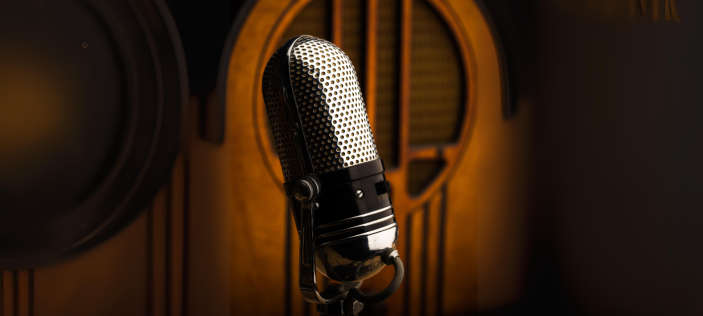
Maxi Priest, Aswad, Bob Marley, Soul II Soul, Jazzie B, General Levy, UB40, Arrested Development, Eternal, Damage, Sade, Jamiroquai, Omar, Mica Paris, Craig David and Beverley Knight: just some of the artists I discovered through Black British school friends as we listened to music together. We would dance to music in the playground, while trying to hide large portable CD players from teachers. My appreciation for these encounters has grown more profound as I look back.
Each year, my parents took me and my siblings to the Luton Carnival. One year, my youngest sister performed with her school's Steel Band, and we were so proud of her. Music, dance, MTV and Top of the Pops blasting music from our bedrooms was such a joyous part of growing up. I simply did not know that on 22 June 1948, the Empire Windrush ship arrived at Tilbury docks with people who would play a pivotal role in inspiring the music I loved. This ship brought passengers from Jamaica, Trinidad and Tobago. They were civil servants, officials, artists, domestic workers and musicians. These musicians brought with them a whole host of musical styles including jazz, blues and calypso. We cannot underestimate how much British music has been enriched and transformed by these musicians.
Music brings people together and, in this way, Caribbean migrants used to create their own sense of identity. Their music evolved into a variety of styles, including reggae, jungle, garage, grime, drum and bass, hip hop, etc. What I did not appreciate growing up was the racism and hostility musicians had to endure, but they endured this pain and gave us so much that we can never repay. Rather than coming cap-in-hand, the Windrush generation brought a wealth of music and culture that have enriched British life.
I have enjoyed listening and dancing to salsa music for over 14 years now, thanks to a Canadian colleague who dragged me along to salsa lessons. I had no idea that Caribbean music was influenced by Latin American, African, and Asian cultures. This fusion of music has certainly tapped into the South Asian music scene, which is my own heritage. As youngsters, we loved our music and took it with us, sharing our musical passions on our 'ghetto blasters'. Now, when I reflect, I wonder why on earth we called them ‘ghetto’ blasters? These words generate images that I now associate with poverty, Black and minoritised communities living in urban areas. And today that word usage sounds like a racial slur when I really want to celebrate the gift of this music and the wealth of talent and creativity that came to these British Isles on the Empire Windrush.
So, for me, Black History Month is always a great opportunity to honour the extraordinary people who have shaped our experiences in Britain through music. It is also an opportunity to reflect on and celebrate the lasting influences of our Black British communities. Let us remember the legacy of the Windrush generation all year round. What greater honour can we give by learning about the Windrush generation and what they gave to every community in our society? Understanding this will shape how we see immigrants in our society today. So as Black History Month comes to a close, let us use antiracism work to bring our communities together and celebrate each other, whatever our backgrounds, to strengthen our communities so no one is afraid to raise challenges as we move each other forward in kindness and curiosity.
Below are some links which teachers can use to support learning about Windrush music, history and culture:
How the Windrush generation changed UK music and arts forever - Classic FM
How the Windrush generation transformed music in Britain (theconversation.com)
How the Windrush Generation transformed British arts and culture - BBC Bitesize
The Windrush experience expressed in music - from 1948 to 2022 - Black History Month 2023
This whole school English plan supports teachers in each year group at primary level to deliver a purposeful and engaging unit based on the core text: Coming to England by Floella Benjamin:



